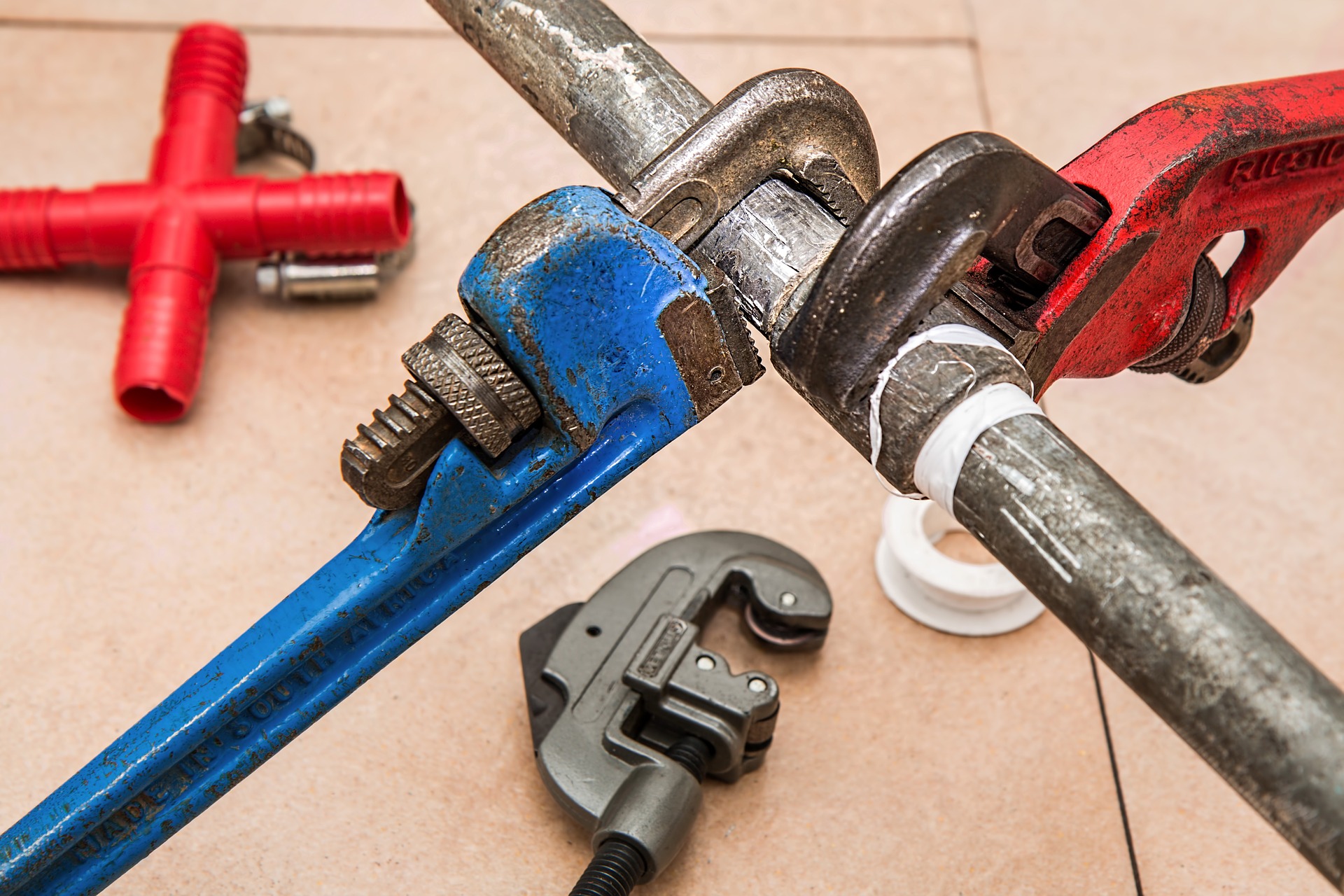What is the Best Home Eco Heating System?
As the world takes note of increasing energy prices as a convergence of multiple factors, many people are now looking for ways to cut back on energy use and find cheaper and more efficient ways to heat their homes. At the same time, we have to find ways to heat and cool our homes that have minimal impact on the environment, this is where an eco heating system comes into place.
Below, we take a timely look at the greenest options available to homeowners, as eco heating systems help simultaneously reduce our CO2 emissions and reduce our energy costs.
Eco heating systems must have two characteristics: they must emit no CO2 and they must have a long life span. In any remodelling or self-build project, one of the most important issues is how you will heat your house, and with gas boilers on the way out in new construction, eco heating systems are unquestionably a viable option for homeowners looking to save on energy costs and do their bit for the environment.
It is critical that eco heating systems be installed with efficiency as the principal guide, regardless of whether you choose an air source heat pump or any alternative method of home heating. This involves supplying your house with enough heat throughout the year while minimising your home’s impact on the environment as much as possible.
We will now look at how to go about selecting the most cost-effective and environmentally friendly heating system for your house, as well as how to compare cost-effectiveness with degrees of sustainability. Once you have this information, you will be better placed to make the right decision for your requirements.
Advantages of eco-friendly heating systems
“A significant drawback of the gas boiler is that they only have a shelf life of about ten to fifteen years before they are in need of being replaced, once their efficiency has declined to the point where they are no longer viable,” noted Jamie Johnson, CEO of FJP Investment. Thus, if we take a house that is designed to last 80 years, it will use up between 7 or 8 boilers in its lifespan.

Each boiler replacement necessitates you spending time and money, while also being detrimental to the environment due to the CO2 emitted during the production of the system. The lifespan of an eco heating system, on the other hand, should be significantly longer, and the emissions reductions should be more than the CO2 emitted during the manufacture of its replacement.
Cost-effective choices for eco heating systems
The starting point is to recognise that the notion of increasing thermal efficiency in order to reduce heat demand continues to be the most cost-effective, and in some ways, the greenest, alternative. Good insulation and airtightness are essential for building a warm, energy-efficient house.
Achieving maximum thermal energy efficiency will last as long as the house is still standing. Furthermore, the building itself may have an extended lifespan by making it viable for future demands. The carbon emissions that were used for insulation and manufacture will be offset many times by the savings in later emissions.
As a result, before considering eco heating systems, it is perhaps more important to invest in the fabric of the building in order to lower your heating usage and cost. This is especially true when building a new house or undertaking a major renovation.
Green eco heating systems
If you are looking for the greenest eco heating system option, then look no further than either a water source heat pump or a ground source heat pump. A water source heat pump works by extracting heat from a nearby body of water and using a heat battery.
Both of these pumps are efficient at providing heat and can operate day or night by utilising a battery to store the heat produced. During the day, the heat generated by the battery may be used for underfloor heating and hot water production. You can also sign up with a green power provider in order to achieve optimum efficiency.
Whereas a gas boiler will last between 10–15 years, these types of heating systems will last between 20–30 years before needing replacement, a significant increase. However, currently, the capital cost of installing one of these systems is quite high and should be reduced over time. If the home has maximised its thermal efficiency, on the other hand, then it will only need a smaller system to be installed, reducing the cost.
However, due to the lack of availability of nearby large bodies of water (water source) and unshaded land (ground source) in many areas, the air source heat pump is the most common one being installed in UK homes. In addition, the air source heat pump is the cheapest eco heat pump system, and local plumbers and engineers are more likely to know how to work with this type of heat pump.
Because heat pumps are far more energy efficient compared with gas boilers—3 to 4 times more efficient—and are far better for the environment, they are shaping up to be a win-win for both homeowners and the environment. Other new technologies are in development and slowly making their way into the market, but presently, heat pumps are the most energy-efficient available.
ARE YOU READY TO START INVESTING?
Subscribe to our mailing list now for exclusive deals, investment guides and the latest information from the property market.







